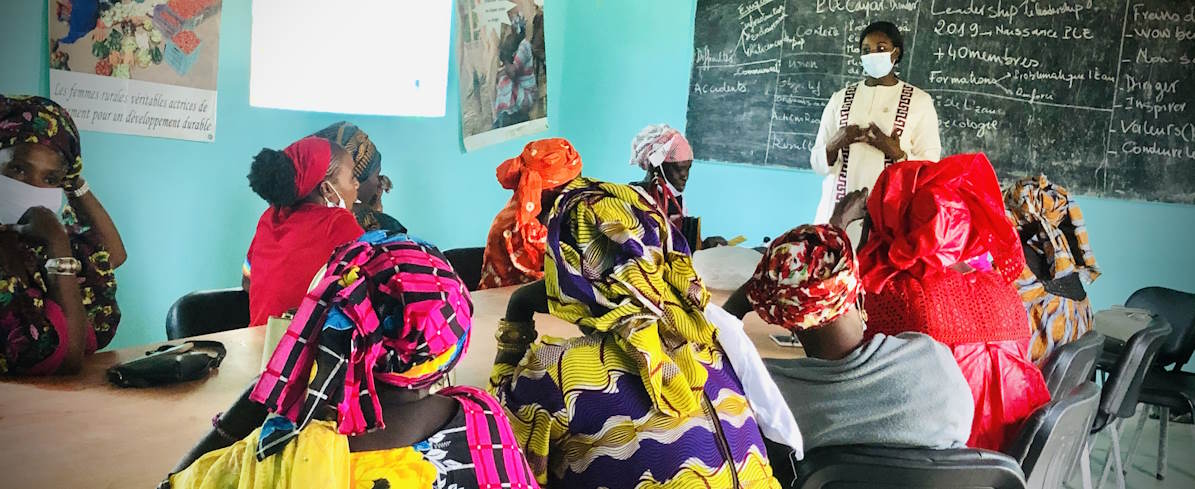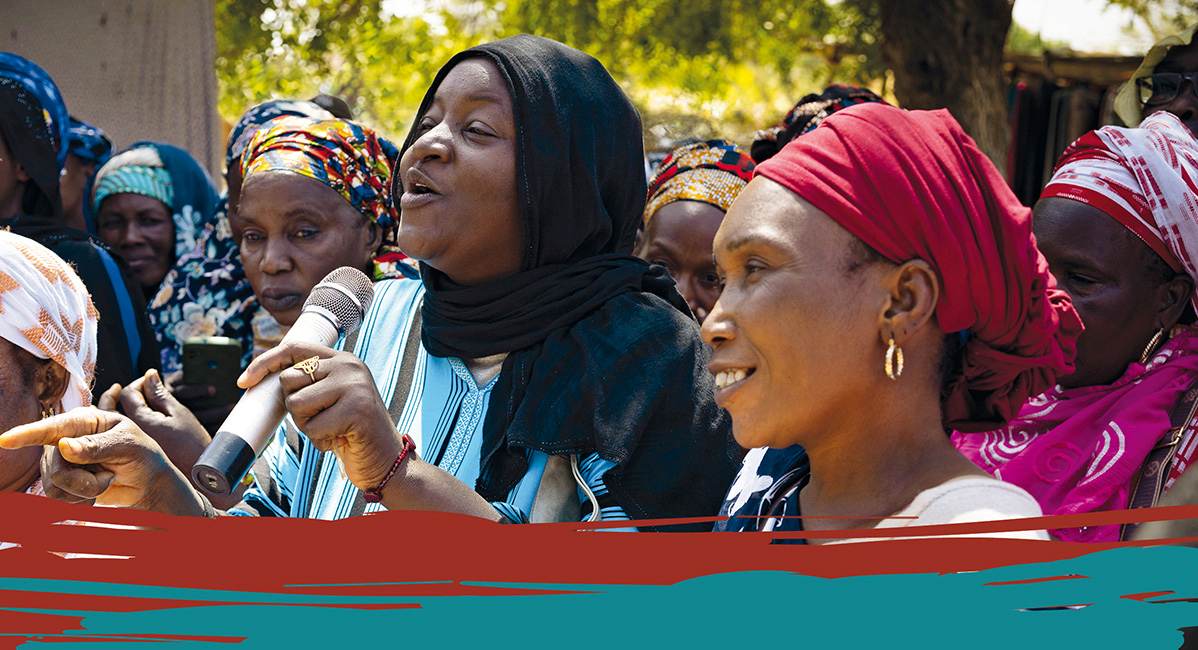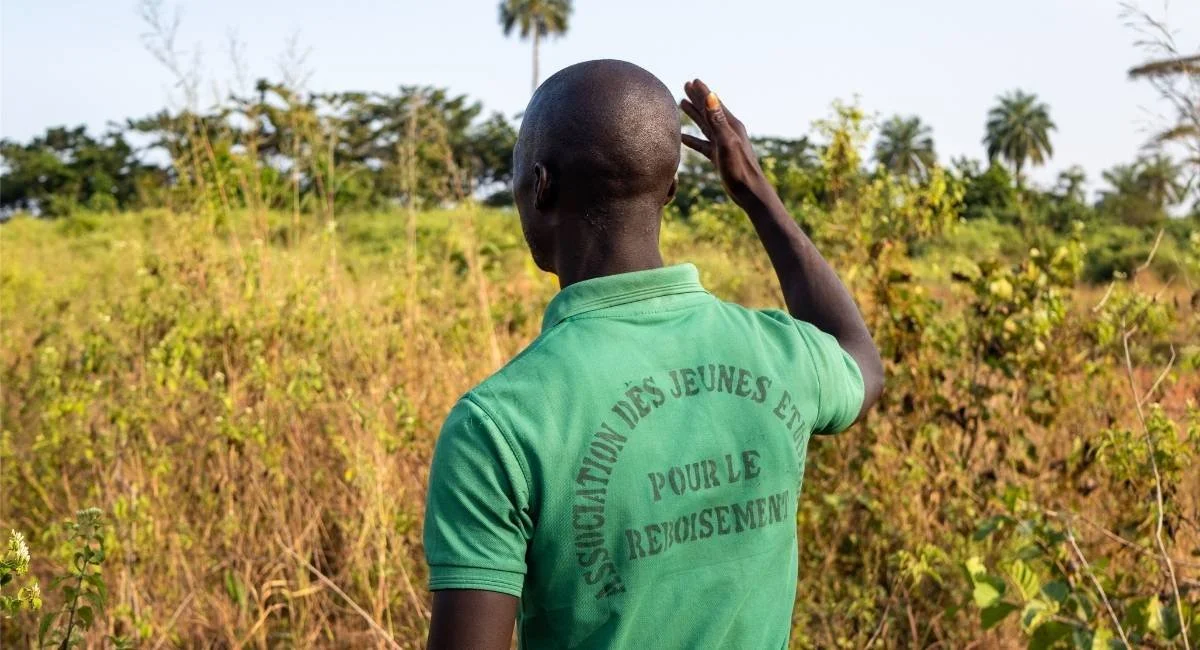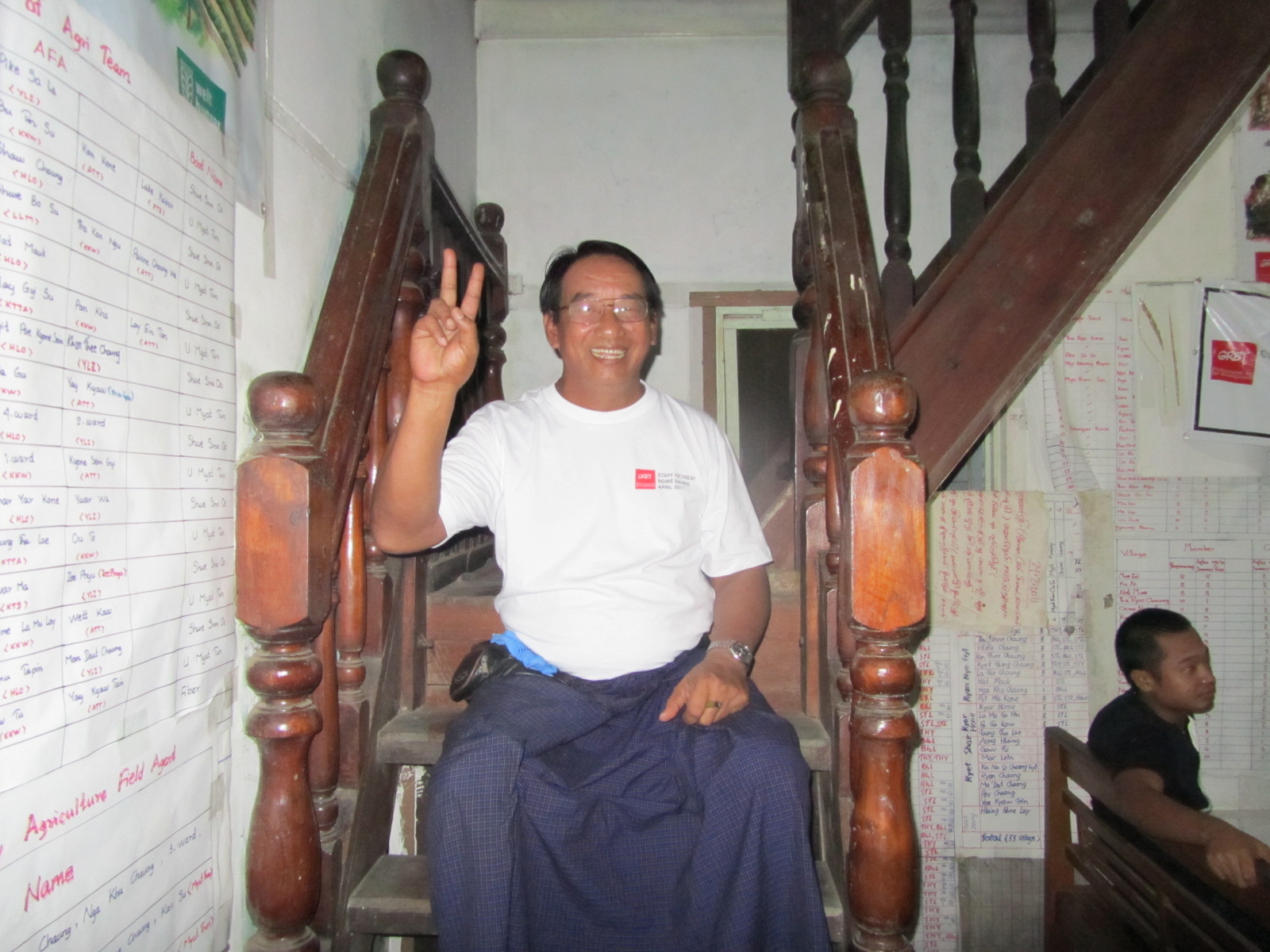The term empowerment is widely used in the international solidarity and development sector. Originally used in feminist and antiracist circles, its meaning evolved over the decades, and was even diverted on occasion. But what does the concept encompass, and how is it operationalised in field projects?
What is empowerment?
The notion of empowerment emerged in the 1960s, in studies on popular education conducted by Paulo Freire and the antiracist movements in the United States. In the 1980s, the women’s movements in Latin America used the Spanish term “empoderamiento” to demand power to take action and raise awareness on domination-based relations. Feminist gender studies subsequently consolidated this concept by asserting its political significance even more strongly.
The concept continued developing over the years. In the 1990s, it entered the development sector, including the World Bank and the UN. This broad circulation actually weakened its political meaning, making it vaguer and diluting its sense.
There are several definitions of empowerment, all of which list a set of powers. The most frequent definition points to three powers. Firstly, the “power to”, meaning the capacity to make decisions, solve problems and complete projects. This first aspect refers to intellectual capacities and learnedness (know-how and knowledge), and to material needs and economic resources (possession). The second aspect is “inner power”. It encompasses an individual’s confidence and self-esteem, identity and psychological strength (life skills). “Power with”, the third aspect, has a collective dimension: it puts solidarity, community connection and political action to the fore; in short, uniting around a common objective.
Empowerment can therefore be understood as a process aimed at acquiring and strengthening these three powers. The verb “to empower” suggests this dynamic. The goal is to gain empowerment, which can also be partially or totally lost.
Operationalisation of empowerment in development projects: some examples
Various methodologies are used to operationalise empowerment in development projects. Operationalisation requires paying close attention to the most vulnerable groups, in particular to women, who are often identified as such in development projects. In terms of positioning, essentialism must be avoided, i.e. do not box these groups into their vulnerability. On the contrary, they should be offered the means to emerge from it and find other outcomes.
A characteristic empowerment approach is the promotion of these groups’ participation in policy-making. This can be done on several levels, including at local level. This is the case, for example, in a project for shared governance of the water resource, conducted by GRET in the Niayes region in Senegal. The objective is for all local stakeholders to have an effective right to contribute to decisions on management of the resource. To achieve this, it is necessary to encourage massive participation of women in governance bodies and facilitate their access to positions of responsibility. To favour public speaking and expression by women, GRET’s teams conducted a series of actions, such as the organisation of theatre workshops. The idea is that empowerment is a process, as highlighted by one of the women members of the participative governance body set up as part of the project: “we are not born with a spirit of leadership, we forge it in ourselves”.
GRET and other NGOs also conduct projects aimed at encouraging vulnerable and minority groups to construct the solutions to their problems by gaining power over their lives. This was the case in a GRET-led project in Vietnam, focusing on improving the living conditions of migrant women workers in industrial zones[1]. The objective was to enable these women to strengthen their knowledge so that they could better protect their rights and increase their capacity to engage in dialogue and negotiate their working conditions with their managers.
Tokenism, “disempowerment”, and fragile progress: limits and challenges
As mentioned above, the term empowerment may have been somewhat stripped of its meaning down through the years, in particular when it is given a significance that is solely economic significance. Projects for the economic empowerment of women that implement income-generating activities via – often informal – menialwork are a good illustration of this. Even though the improvement of living conditions is a prerequisite of empowerment, a great deal of other work remains to be done…
There is an expectation that participative processes should generate empowerment by simply favouring women’s participation in projects. Women are recruited and brought to the fore, but if measures other than these are not taken, their participation can be artificial. Even if women are given the time to speak, it may happen that their suggestions, points of view and positions are not taken into account or followed up by effects: the process takes place without their participation having a transformative impact. This token participation can be detrimental, because having people participate without really listening to them is likely to produce the opposite of the desired effect, resulting in what could be called “disempowerment”[2].
Empowerment of vulnerable and minority groups alone remains very fragile. People who have gained greater confidence, the capacity to take action, and economic power are more prepared to stand up for their rights. But these changes occur in specific social, political and economic contexts. If society is not ready, this can backfire and lead, for example, to domestic violence. Actions must therefore always be accompanied by a more global social transformation. We do not integrate gender in our projects by working solely with women, we also work with men to prepare them to become stakeholders and facilitators in the social changes that will be generated.
Lastly, another challenge encountered in our projects is the evaluation of empowerment: this is a long, non-linear process and therefore difficult to quantify. For example, it is possible to measure an improvement in living conditions, but it is more difficult to measure a gain in self-confidence or political power. In the “gender and development” sector we recommend highly qualitative evaluations, which need to be carried out over the long term.
By Mélanie Canino – Gender manager at GRET
[1] In partnership with Batik International and Vietnamese NGO CDI
[2] On this subject: Women’s Participation and Empowerment Animation




